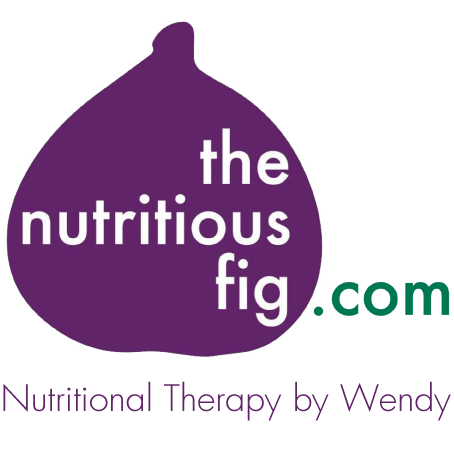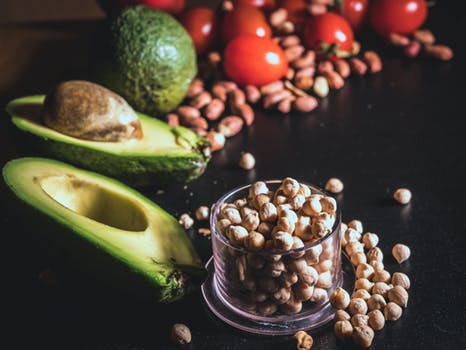What is Magnesium?
Magnesium is an essential mineral required for human health and used for hundreds of biochemical processes in the body. It’s required for muscle function, nerve function, heart health, thyroid balance, calcium regulation, blood pressure, healthy hair and nails and it’s even needed for hormone production.
Magnesium & Menopause
The symptoms of low magnesium include poor sleep, headaches, low mood, fatigue, food cravings and joint pains. Sound familiar? Oh yes, some of the same symptoms you experience during the menopause!
You need to make sure you’re getting good levels of magnesium and I always suggest focusing on the diet before considering supplementation. Include a range of the foods listed below and see how you feel –
- Seeds – sesame, chia, sunflower, pumpkin
- Nuts – almonds, brazils, walnuts, cashews
- Avocado J
- Dark green leafy vegetables – kale, watercress, spinach
- Dark chocolate (go for 75%+ cocoa)
- Whole grains – wholemeal bread, brown pasta, brown rice, quinoa
- Beans and lentils – chickpeas, red lentils, mung beans
- Fish/seafood – mackerel, salmon, cod, halibut, scallops, crab meat
- Meat – chicken, turkey, beef, lamb
- Dried fruit – apricots, prunes
Recommended intake of Magnesium
The recommended daily intake for magnesium in women is 270mg, but, during menopause it’s likely that you need more than that. And it’s worth remembering that stress depletes you of essential minerals like magnesium too, and who isn’t stressed ?!?!
A deficiency in magnesium can also contribute to osteoporosis, and when you are already at risk of this condition in the menopause you can start seeing why it’s such an important mineral to include in your diet.
Levels of magnesium in foods
- 1 cup raw spinach = 24mg
- 3oz mackerel = 83mg
- 1 cup chickpeas = 69mg
- 1oz pumpkin seeds = 73mg
- 1oz almonds = 75mg
- 1 slice wholemeal bread = 25mg
- 1/2 cup boiled broccoli = 16mg
- 1/2 cup cooked quinoa = 59mg
- 1 cup chopped kale = 23mg
- 1 cup cooked brown rice = 85mg
If you’re not reaching your daily allowance from food it’s worth considering a supplement to top up your levels. There are however, many different types of magnesium but I’d recommend magnesium citrate. Just be careful to stick with the recommended amounts though as too much can cause loose stools. Magnesium supplements could also interact with some medications so if you are going to supplement make sure you let your GP or pharmacist know.
Looking for more information to help you have a Happy & Healthy Menopause? Download my FREE E-book here !



Recent Comments